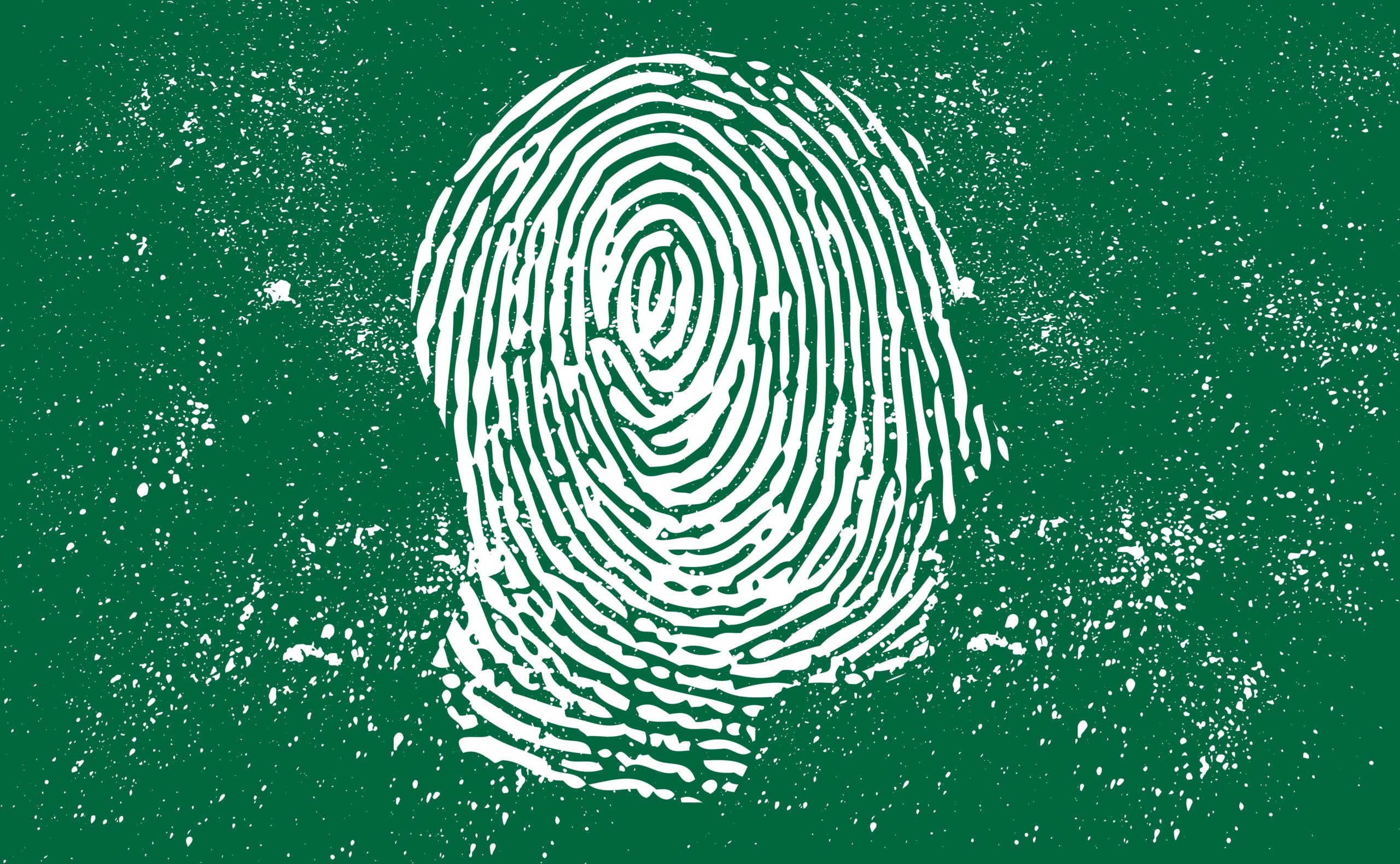Identity theft is becoming more and more common: In 2020, the Federal Trade Commission received nearly 1.4 million reports of the crime — about twice as many complaints than were lodged in 2019. With credit card companies and banks sometimes willing to reverse any fraudulent charges, identity theft may seem at first like a minor hassle. But if not dealt with quickly, it has the potential to become financially devastating.
Every day, criminals use stolen information to make purchases, open lines of credit, steal tax refunds, apply for unemployment in someone else’s name, or commit countless other forms of fraud. And the repercussions to the victims can last for years, or even decades afterward. If you think you might be a victim of identity theft, we’ve put together some tips on what steps you can take to protect yourself — and prevent it from ever happening again.
Think your identity was stolen? Double-check first.
It’s not uncommon that people think their identity has been stolen when it really hasn’t, says Ira Rheingold, Executive Director of the National Association of Consumer Advocates. Sometimes, a consumer will apply for credit and learn they’ve been rejected, because somebody else’s credit history is on their credit report. But that doesn’t necessarily mean they’re a victim of identity theft. Instead, the credit reporting companies might’ve “screwed up big time,” resulting in what’s called a mixed file, Rheingold says.
Mixed files can occur for a number of reasons. Maybe the credit bureau has mistaken you for someone else with the same or similar name, or simply made a typo. In this case, the first thing you should do is contact the three major credit bureaus — Equifax, Experian, and TransUnion — which, under the Fair Credit Reporting Act, must investigate and correct any mistakes.
How can you detect identity theft?
There are a few things everyone should do routinely to check for identity theft, Rheingold says. The first is to regularly review your credit report. (You’re entitled to one free credit report every year, which you can order here.) Consumers should also comb through their bank statements to check for any suspicious purchases. If you find something on your statement you didn’t buy, make sure to dispute it immediately with your bank.
Also, track which bills you owe and when they’re due. According to the FTC, if you abruptly stop getting a bill, it could be a sign that someone has changed your billing address.
How to place a credit freeze on your credit report
If your identity has been stolen, “one of the most important things you can do is put a freeze on your credit report,” Rheingold says. A credit freeze restricts access to your credit report, which means that while the freeze is in effect, no one — including yourself — will be able to open a new credit account. You can always temporarily lift a freeze if you do need to apply for credit, says Rheingold.
A credit freeze is free and won’t affect your credit score. And Rheingold says consumers should be sure to request one from all three credit bureaus.
What to know about fraud alerts
Another option is to place a “fraud alert” on your credit report. A fraud alert requires a business to verify your identity before it issues new credit in your name. Fraud alerts last one year; to add one to your report, you only need to contact one of the credit bureaus, per the FTC. (That company is then responsible for alerting the other two.)
Should you report identity theft to the police?
Rheingold says it can’t hurt to report identity theft to the police. Although it’s unlikely the authorities will actually investigate the fraud, he says it’s important to create documentation of the incident to show the credit bureaus, so they can begin the process of fixing your credit report. Otherwise, you could be held liable for charges made in your name.













